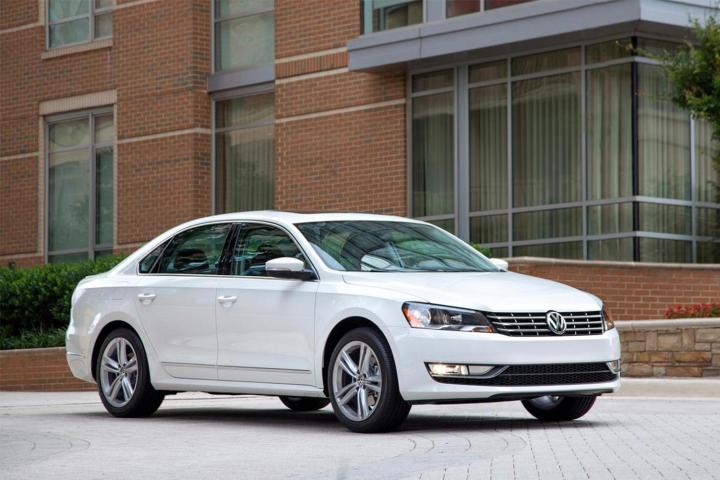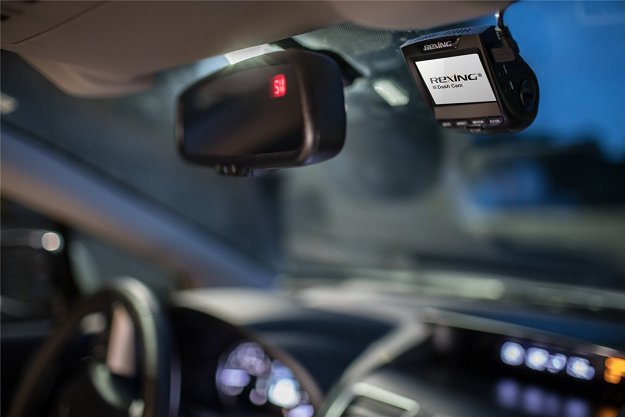
The use of “defeat device” software was an “open secret” within VW’s diesel-engine development group, according to a report from German newspaper Sueddeutsche Zeitung, translated by Reuters. This conclusion allegedly comes from Volkswagen’s own internal investigation, the results of which still haven’t been released to the public. VW previously summarized the findings as indicating that few employees knew about the cheating.
A “culture of collective secrecy” prevailed within the diesel group, where virtually everyone working within the group knew about the illegal activities, according to the report. Use of a “defeat device” was apparently discussed as far back as 2006, right as stricter U.S. emissions standards were about to be implemented. Volkswagen wanted to push diesels in the U.S. because of their fuel economy, but engineers reportedly had a hard time finding a cost-effective way to meet the regulations.
VW’s corporate culture prevented engineers from telling management that it would be impossible to meet their goals, the report said. To say that something could not be done “was not acceptable,” the report said, allegedly quoting testimony included in the internal investigation from a Volkswagen employee who participated in the fraud. There was at least one exception, when an employee reported the cheating to a senior manager in another division in 2011, but that manager did not take action.
Employees testified under an amnesty program administered by VW shortly after its cheating was revealed by the U.S. Environmental Protection Agency in late September. Employees had until November 30 to come forward and testify without the risk of penalties, and it is understood that around 50 people did so. Volkswagen plans to release the results of the investigation at its annual shareholders’ meeting in April.
While the public may learn more about how cheating on such a massive scale happened soon, there’s still no set timeline for when VW will begin a U.S. recall of its delinquent diesels. A proposed fix for the 482,000 cars with 2.0-liter, four-cylinder engines was recently rejected by the California Air Resources Board, although VW properties Audi and Porsche claim to have a plan ready for the 85,000 3.0-liter V6 cars.
Editors' Recommendations
- New report says Apple is building a secret folding device
- The difference between diesel- and gasoline-powered cars
- DieselGate continues to haunt Volkswagen as massive class-action suit is filed
- Volkswagen says no thanks to outsiders as it develops its own operating system
- Chevrolet Silverado to finally get its diesel engine, but is it worth the wait?


